Intro
Stay updated on Coronavirus Covid 19 with latest news, symptoms, vaccines, and pandemic trends, including outbreak alerts, global cases, and safety precautions.
The world has been grappling with the coronavirus pandemic, also known as Covid-19, for over two years now. The virus, which was first detected in Wuhan, China in late 2019, has spread to every corner of the globe, infecting millions of people and causing widespread illness, death, and economic disruption. As the pandemic continues to evolve, it's essential to stay informed about the latest developments, updates, and guidelines to protect ourselves, our loved ones, and our communities.
The impact of Covid-19 has been felt across the globe, with many countries imposing strict lockdowns, travel restrictions, and social distancing measures to slow the spread of the virus. The pandemic has also had a significant impact on the global economy, with many businesses forced to close or significantly reduce their operations. The healthcare sector has been particularly affected, with hospitals and healthcare workers facing unprecedented challenges in treating the large number of patients infected with the virus.
As researchers and scientists continue to study the virus, we are learning more about its transmission, symptoms, and severity. The virus is primarily spread through respiratory droplets, contact with contaminated surfaces, and human-to-human contact. Symptoms can range from mild to severe and include fever, cough, shortness of breath, and fatigue. In severe cases, Covid-19 can lead to pneumonia, acute respiratory distress syndrome, and even death. The virus has also been shown to affect certain groups of people more severely, including older adults, young children, and those with underlying health conditions.
Understanding Covid-19
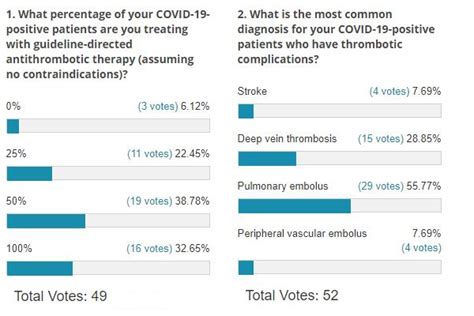
To understand Covid-19, it's essential to know how the virus works, its transmission, and its symptoms. The virus is a member of the coronavirus family, which includes other viruses that cause illnesses such as the common cold and Middle East Respiratory Syndrome (MERS). Covid-19 is caused by the SARS-CoV-2 virus, which is a new strain of the coronavirus that has not been previously identified in humans. The virus is highly contagious and can spread quickly from person to person, making it challenging to control and contain.
Transmission and Symptoms
The virus is primarily spread through respiratory droplets, contact with contaminated surfaces, and human-to-human contact. When an infected person talks, coughs, or sneezes, they release respiratory droplets that can contain the virus. These droplets can land in the mouths or noses of people nearby or be inhaled into the lungs. The virus can also survive on surfaces for several hours, allowing it to be transmitted through contact with contaminated objects.Covid-19 Vaccines and Treatments
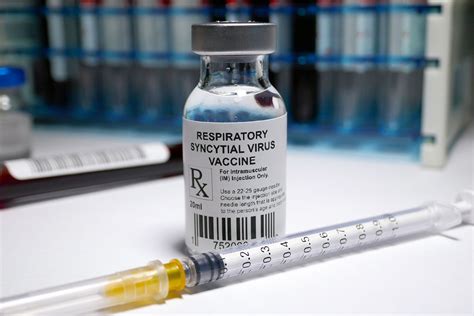
Several vaccines have been developed to protect against Covid-19, and many countries have implemented vaccination programs to immunize their populations. The vaccines work by introducing a small, harmless piece of the virus to the body, which triggers an immune response and helps the body develop antibodies to fight the virus. The vaccines have been shown to be highly effective in preventing severe illness and hospitalization due to Covid-19.
In addition to vaccines, several treatments have been developed to help manage the symptoms of Covid-19 and reduce the risk of complications. These treatments include antiviral medications, corticosteroids, and oxygen therapy. In severe cases, patients may require hospitalization and support with mechanical ventilation or other life-sustaining interventions.
Treatment Options
Treatment options for Covid-19 depend on the severity of the illness and the individual's underlying health conditions. Mild cases of Covid-19 can be managed at home with rest, hydration, and over-the-counter medications to reduce fever and relieve symptoms. More severe cases may require hospitalization and support with oxygen therapy, mechanical ventilation, or other life-sustaining interventions.Covid-19 Prevention and Precautions
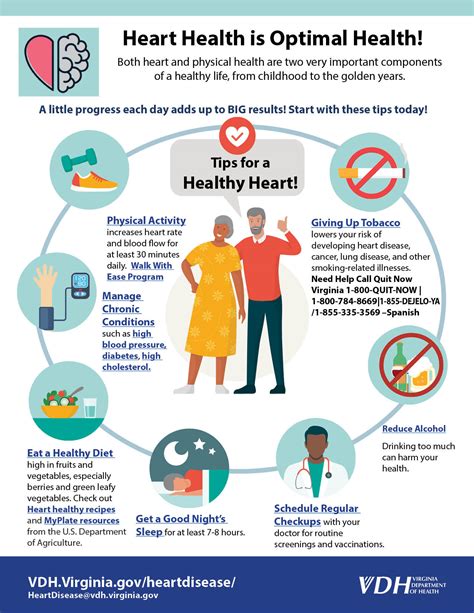
Preventing the spread of Covid-19 requires a combination of individual and community efforts. Individuals can take several precautions to reduce their risk of infection, including:
- Practicing good hygiene, such as washing hands frequently with soap and water
- Avoiding close contact with people who are sick
- Wearing a mask in public places, especially in areas with high transmission rates
- Staying home when sick and avoiding contact with others
- Avoiding touching eyes, nose, and mouth
Communities can also take steps to prevent the spread of Covid-19, including:
- Implementing social distancing measures, such as closing schools and non-essential businesses
- Restricting travel to and from areas with high transmission rates
- Providing access to testing and vaccination programs
- Promoting public awareness and education campaigns to encourage individuals to take precautions
Community Response
The community response to Covid-19 has been critical in controlling the spread of the virus. Communities have come together to support each other, with many individuals and organizations volunteering their time and resources to help those in need. The community response has also included efforts to promote public awareness and education, provide access to testing and vaccination programs, and support healthcare workers and other essential personnel.Covid-19 Economic Impact
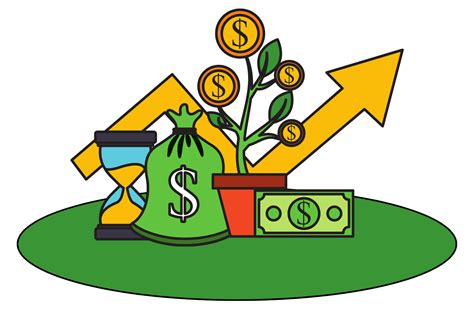
The economic impact of Covid-19 has been significant, with many countries experiencing recession, unemployment, and economic disruption. The pandemic has affected various sectors, including:
- Tourism and travel: The pandemic has led to a significant decline in tourism and travel, resulting in lost revenue and job losses.
- Retail and hospitality: The pandemic has forced many retail and hospitality businesses to close or significantly reduce their operations, resulting in lost revenue and job losses.
- Manufacturing and supply chain: The pandemic has disrupted global supply chains, resulting in delays and shortages of essential goods.
Economic Recovery
As the pandemic continues to evolve, many countries are focusing on economic recovery efforts. These efforts include:- Providing financial support to individuals and businesses affected by the pandemic
- Implementing policies to stimulate economic growth and job creation
- Investing in infrastructure and technology to support economic development
Covid-19 Mental Health Impact
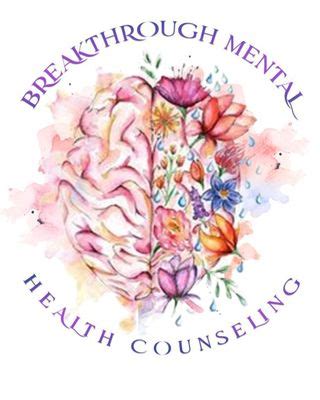
The mental health impact of Covid-19 has been significant, with many individuals experiencing anxiety, depression, and trauma. The pandemic has affected mental health in various ways, including:
- Social isolation: The pandemic has forced many individuals to isolate themselves, resulting in feelings of loneliness and disconnection.
- Fear and uncertainty: The pandemic has created a sense of fear and uncertainty, resulting in anxiety and stress.
- Trauma: The pandemic has resulted in trauma, particularly for individuals who have experienced loss or have been directly affected by the virus.
Mental Health Support
It's essential to provide mental health support to individuals affected by Covid-19. This support can include:- Counseling and therapy: Providing access to counseling and therapy can help individuals cope with anxiety, depression, and trauma.
- Support groups: Support groups can provide a sense of community and connection, helping individuals feel less isolated and more supported.
- Self-care: Encouraging self-care practices, such as exercise, meditation, and mindfulness, can help individuals manage stress and anxiety.
Covid-19 Future Outlook

As the pandemic continues to evolve, it's essential to look to the future and plan for the long-term effects of Covid-19. The future outlook includes:
- Continued vaccination efforts: Vaccination efforts will continue to be critical in controlling the spread of the virus and preventing future outbreaks.
- Improved treatments: Researchers will continue to develop and improve treatments for Covid-19, including antiviral medications and other therapies.
- Economic recovery: Economic recovery efforts will continue, with a focus on stimulating economic growth and job creation.
Global Cooperation
Global cooperation will be essential in addressing the long-term effects of Covid-19. This cooperation can include:- Sharing knowledge and resources: Countries can share knowledge, resources, and expertise to develop and implement effective strategies for controlling the spread of the virus.
- Collaborating on research: Researchers can collaborate on research efforts to develop new treatments and vaccines.
- Providing support: Countries can provide support to each other, including financial, humanitarian, and technical assistance.
What are the symptoms of Covid-19?
+The symptoms of Covid-19 can range from mild to severe and include fever, cough, shortness of breath, and fatigue.
How is Covid-19 transmitted?
+Covid-19 is primarily spread through respiratory droplets, contact with contaminated surfaces, and human-to-human contact.
What can I do to prevent the spread of Covid-19?
+To prevent the spread of Covid-19, practice good hygiene, avoid close contact with people who are sick, wear a mask in public places, and stay home when sick.
As we continue to navigate the challenges of Covid-19, it's essential to stay informed, take precautions, and support each other. By working together, we can control the spread of the virus, develop effective treatments, and build a stronger, more resilient global community. If you have any questions or concerns about Covid-19, please don't hesitate to reach out to a healthcare professional or a trusted resource. Share this article with others to help spread awareness and promote education about Covid-19. Together, we can make a difference and create a healthier, safer world for everyone.
